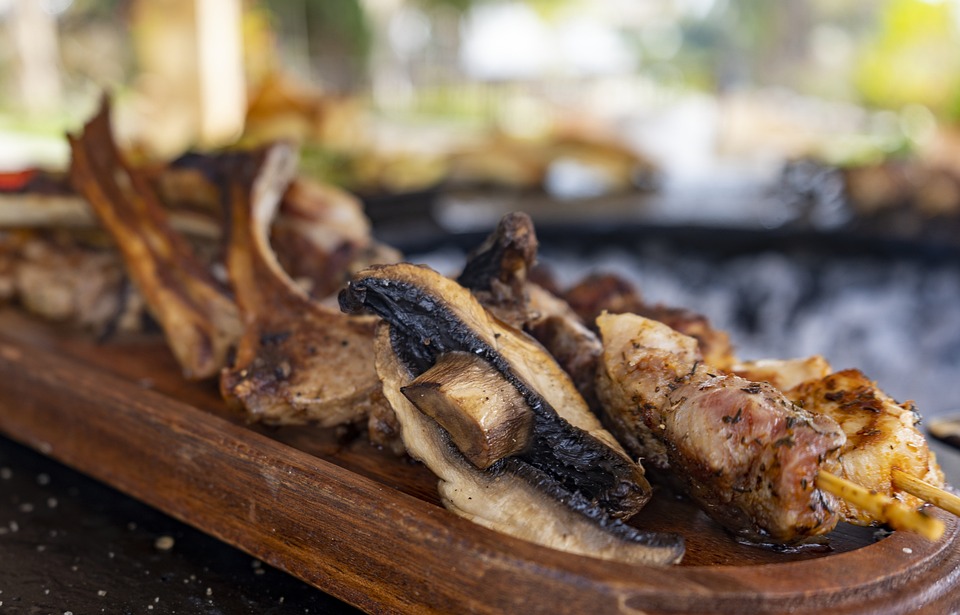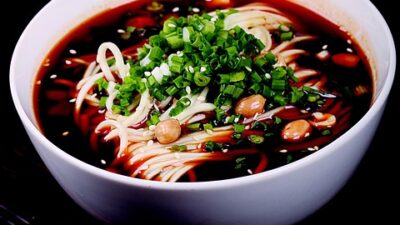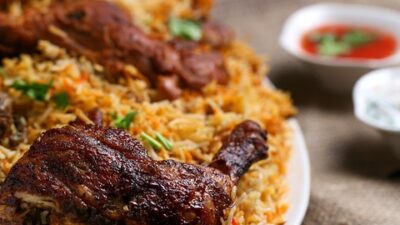Greece is a land rich in history, characterized by its picturesque landscapes, ancient ruins, and vibrant culture. Among the most notable elements of Greek heritage are its festivals and feasts, which serve as a means of expression, community bonding, and, most importantly, a celebration of food. Greek cuisine is not merely sustenance; it embodies tradition, hospitality, and love for communal gatherings. This article delves into how festivals and feasts in Greece reflect the country’s rich culinary heritage.
The Importance of Food in Greek Culture
In Greek culture, food is much more than just a meal; it’s a ritual that fosters relationships and brings people together. Family gatherings, religious events, and public festivals all incorporate food as a central theme. Traditional dishes often feature fresh, local ingredients and reflect regional variations in Greek culinary practices. From savory stews to sweet pastries, every dish tells a story.
Major Greek Festivals
-
Easter (Pascha):
Easter is arguably the most significant celebration in the Greek Orthodox calendar, marked by various food traditions. On Holy Saturday, families prepare for the resurrection feast, which often includes lamb, Greek salad, and a unique Easter bread called “tsoureki.” The preparation of dyed red eggs symbolizes the blood of Christ, and they are often used in a friendly egg-cracking game known as “tsougrisma.” -
Apokries (Carnival):
This lively celebration leading up to Lent is known for its feasting and merriment. Traditional foods include “koulouri” (sesame bread rings), “piperies” (stuffed peppers), and various types of pastries. Streets become alive with music and costumes, as locals indulge in food while participating in playful activities and parties. -
Panagia (Feast of the Assumption):
Celebrated on August 15th, this feast is dedicated to the Virgin Mary and is a pivotal event in many Greek villages. Throughout the islands, abundant seafood dishes, fresh fruits, and homemade sweets are offered. Local wine flows freely, and communities gather to enjoy traditional music and dance, fostering a sense of unity and joy. - Harvest Festivals:
Many villages hold harvest festivals to celebrate the end of the agricultural cycle. Olives, grapes, and wheat are often at the forefront of these celebrations. Families come together to produce olive oil or wine and share the fruits of their labor in larger communal feasts.
Local Delicacies and Their Significance
Each region of Greece brings its unique flavors and specialties, often showcased during festivals:
-
Moussaka: This beloved dish, often made with layers of eggplant, minced meat, and béchamel sauce, is a staple during festive gatherings, symbolizing comfort and home-cooked generosity.
-
Souvlaki: Skewered meat grilled to perfection is a favorite at street festivals and can be found at almost any celebration, embodying the essence of casual dining and outdoor gatherings.
-
Baklava: This rich, sweet pastry made with layers of filo, nuts, and honey is often served at festive occasions, representing the sweetness of life and hospitality.
- Fasolada: Often referred to as the national dish of Greece, this hearty bean soup is enjoyed in many homes and festivals, signifying nourishment and warmth in community settings.
The Role of Music and Dance
In Greek culture, food is often accompanied by music and dance. Festivals typically showcase traditional dances, such as the “sirtaki” or “kalamatianos,” inviting everyone to join in the celebration. Music fills the air, often played on instruments like the bouzouki, heightening the festive atmosphere and encouraging a sense of community. Shared meals followed by dance create lasting memories, reinforcing social bonds within families and communities.
Conclusion
Greek festivals and feasts are vibrant celebrations of culture, showcasing the beauty of communal life, tradition, and, most importantly, food. The dishes prepared during these occasions reflect deep-rooted customs, taste, and a love for sharing. Whether it’s a simple family meal during Easter or a massive carnival celebration, food plays a vital role in connecting people, preserving traditions, and celebrating the rich tapestry of Greek culture. So, as you partake in a Greek festival or feast, remember that you are not just enjoying a meal; you are partaking in an age-old tradition that strengthens bonds and enriches the soul.



